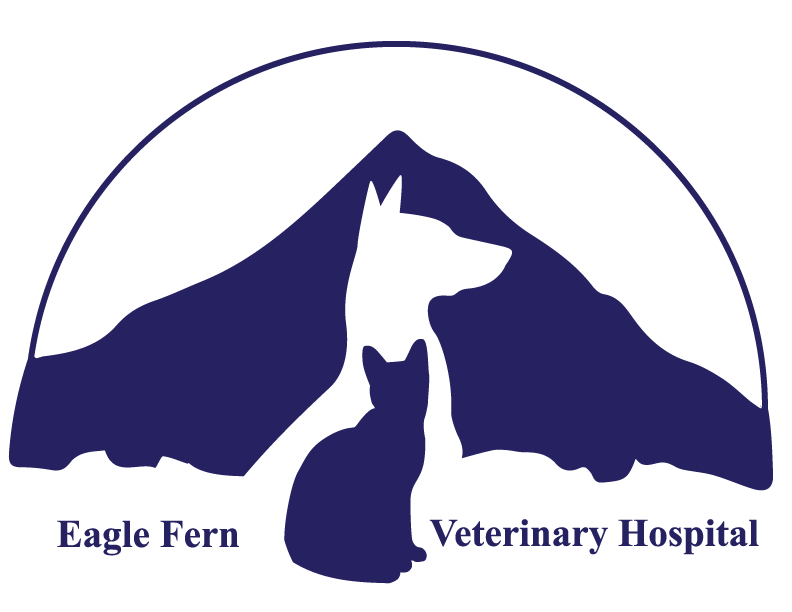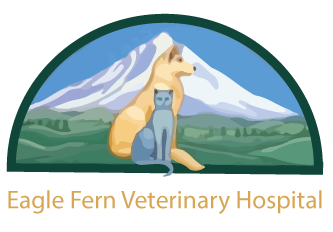 Spay, Neuter, and Breeding Spay, Neuter, and Breeding
If you are not planning to breed or have finished breeding your dog or cat, we highly recommend that you spay or neuter your pet?even if it is an adult. If you choose to breed your pet, we can help you with breeding, artificial insemination, pregnancy, whelping and pediatric care.
Spay
The spay surgery for female cats and dogs involves removing the ovaries and uterus under general anesthesia. The operation can be performed any time after the age of two months. We prefer the animal not to be in heat or pregnant. If the animal has just had puppies or kittens, the operation should be performed two weeks after weaning or when the mammary glands no longer have milk.
Benefits of spay include:
- Lower incidence of mammary cancer. The risk of malignant mammary cancer if a pet is spayed before the first heat is .05%, after the first heat 8%, and after the second heat 25% (1 in 4 chance). The incidence of benign cancer can be 2-5 times higher that that for malignant chance. Spaying at a later age can reduce the risk of benign tumors or lengthen the survival time of a dog with malignant cancer. In cats mammary cancers are 80% malignant.
- Prevent pyometra, a uterine infection. Pyometra occurs in middle-aged to older females in the six weeks following heat. Bacteria located in the vagina can ascend up the uterus causing infection and large amounts of pus filling the uterus. This is a life threatening condition and the pet needs to be spayed immediately and given intensive supportive care.
- Prevents pet from coming into heat and unwanted pregnancies.
- Controls the number of unwanted puppies and kittens.
Neuter
The neuter surgery of the male cat or dog involves removing the testicles under general anesthesia. The operation can be performed any time after the age of two months.
Benefits of neutering include:
- Prevents enlargement or infection of the prostate.
- Prevents certain types of hernias and tumors of the testicles and anus.
- Lessens tendencies for wandering, aggression, inappropriate mounting, and urine marking.
- Controls the number of unwanted puppies and kittens.
Breeding tips your pet:
- Wait to begin breeding until the dog is older than 2 years of age and a cat 1-1/2 years of age.
- Spay or neuter your pet after it is done breeding. After 7-8 years of age, reproductive fertility declines.
- Have large breed dog's hips checked for dysplasia prior to breeding.
- Feed the mother a growth diet and offer more frequent meals during the last 2 weeks of pregnancy and through lactation.
- Vaccinate the mother before breeding. Vaccinate puppies starting at 6 weeks of age, and kittens starting at 9 weeks of age.
- Deworm the mother during pregnancy, then mother and puppy (at 2, 4, 6, and 8 weeks of age) or kitten (at 3, 5, 7, and 9 months of age) against roundworm and hookworm then monthly.
- Handle puppies and kittens often from birth, and expose to different social stimuli and environments to better socialize the pet and prevent potential behavior problems later in life.
- Puppies and kittens should be kept with their mother and littermates until 6-8 weeks of age in order to develop healthy social relationships with other animals. New owners should obtain their new pet around 7-8 weeks of age and expose them to all types of people and animals that they might be required to interact with in their lives.
| 
